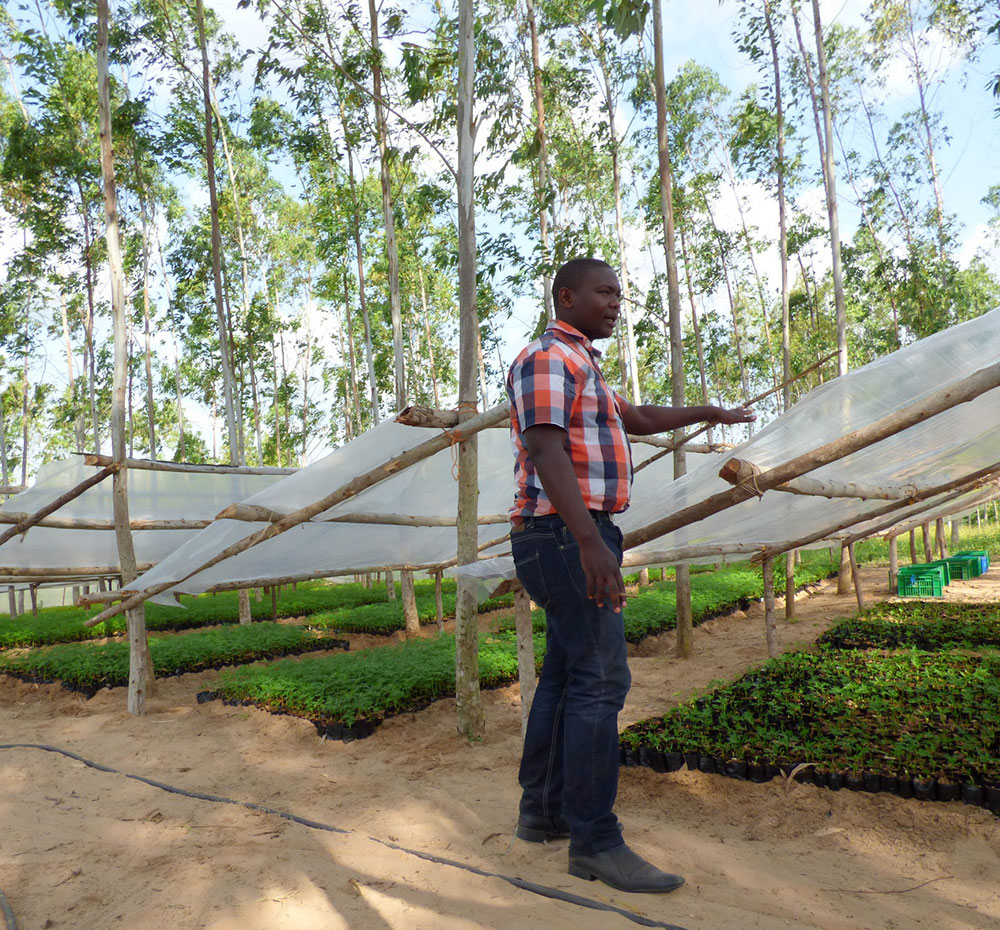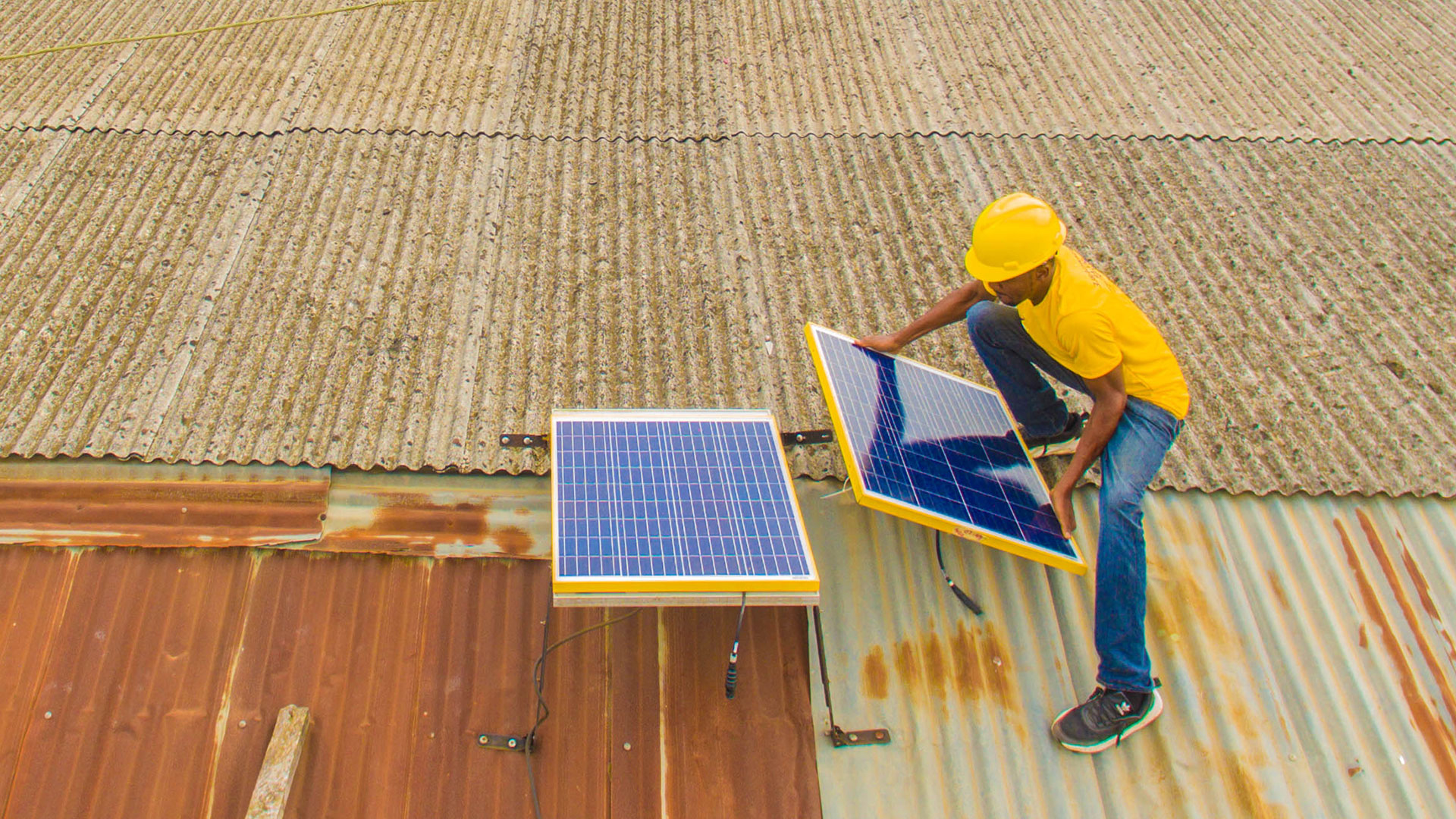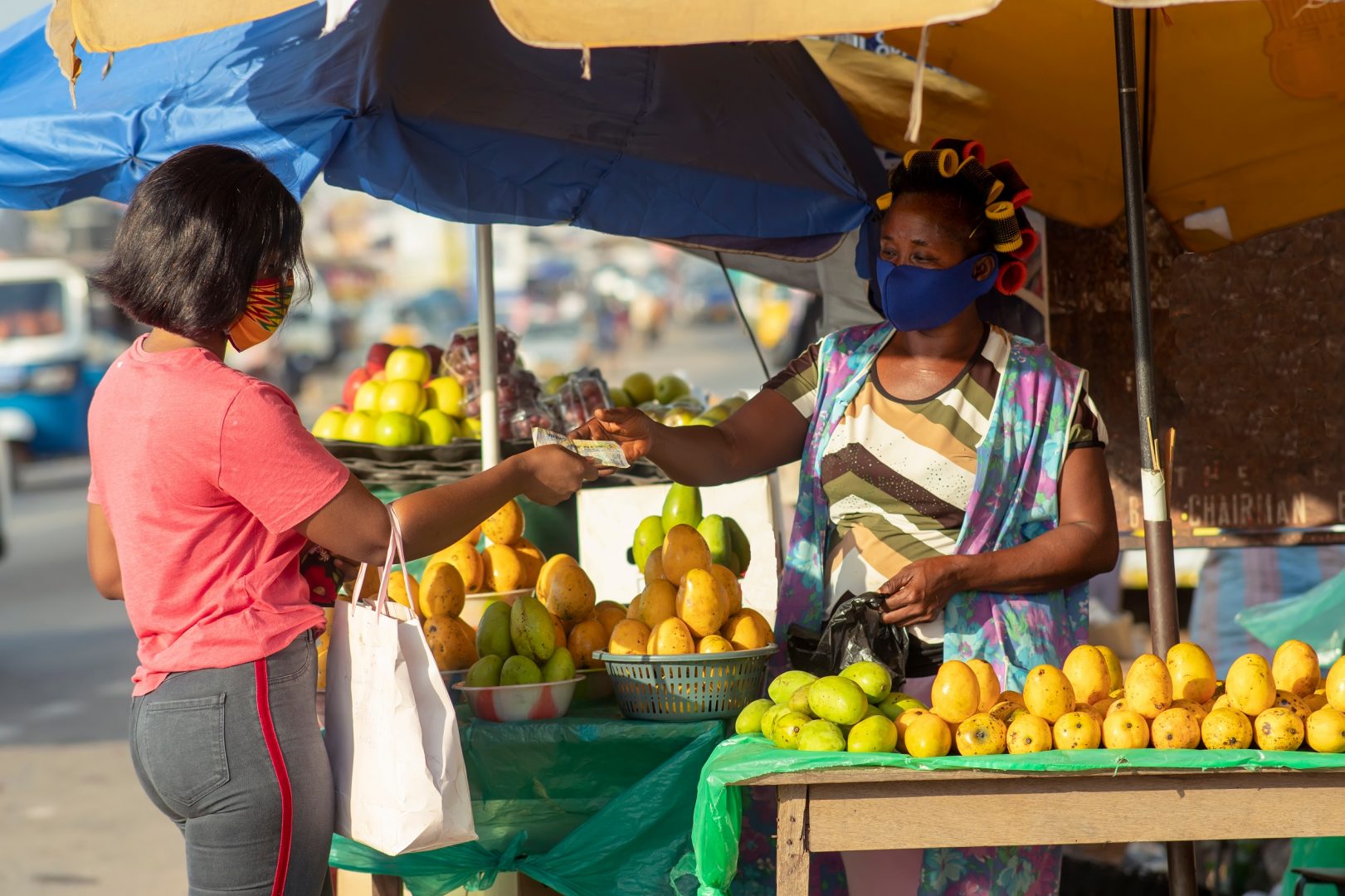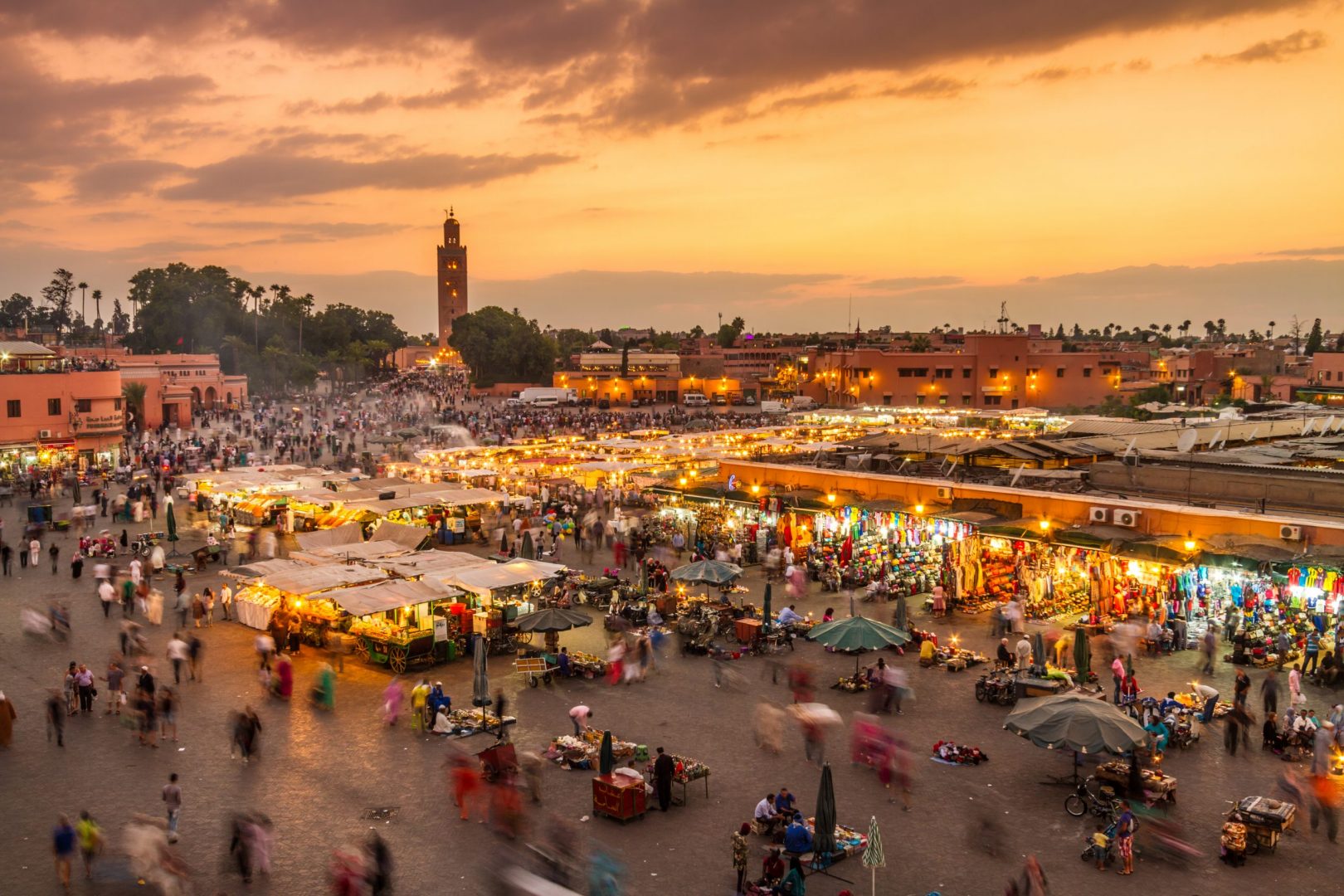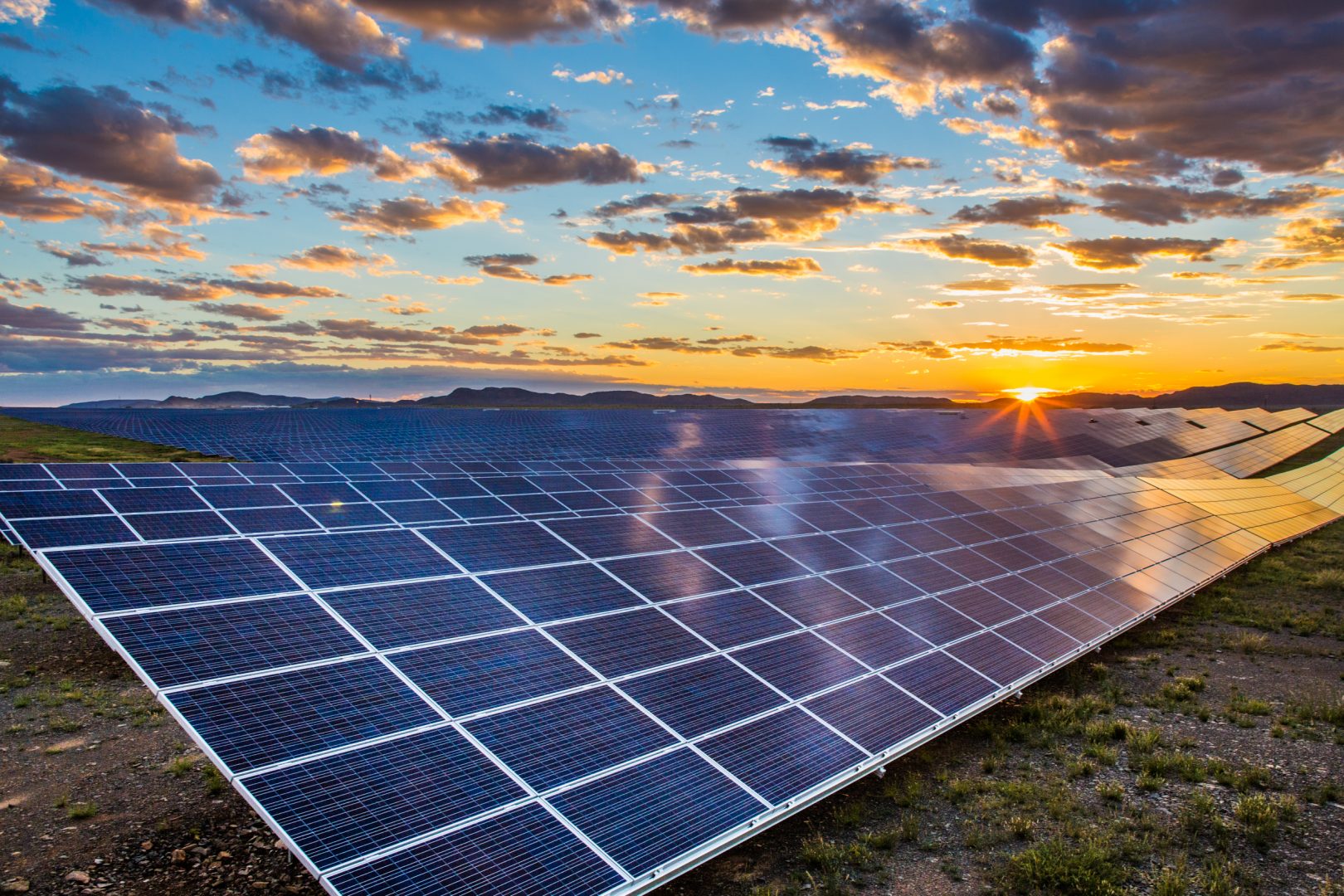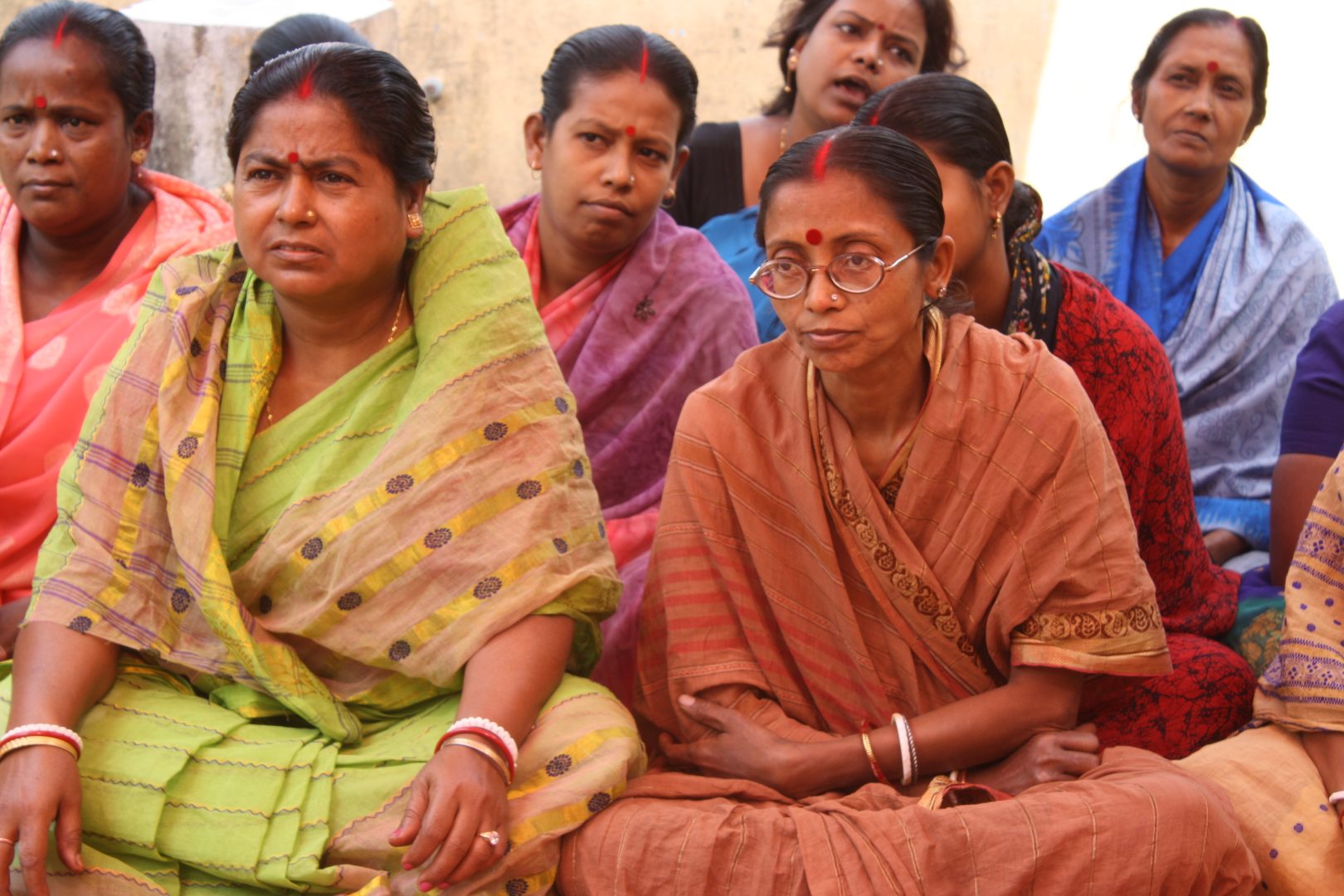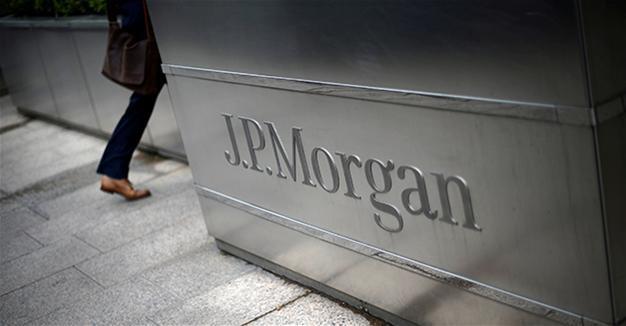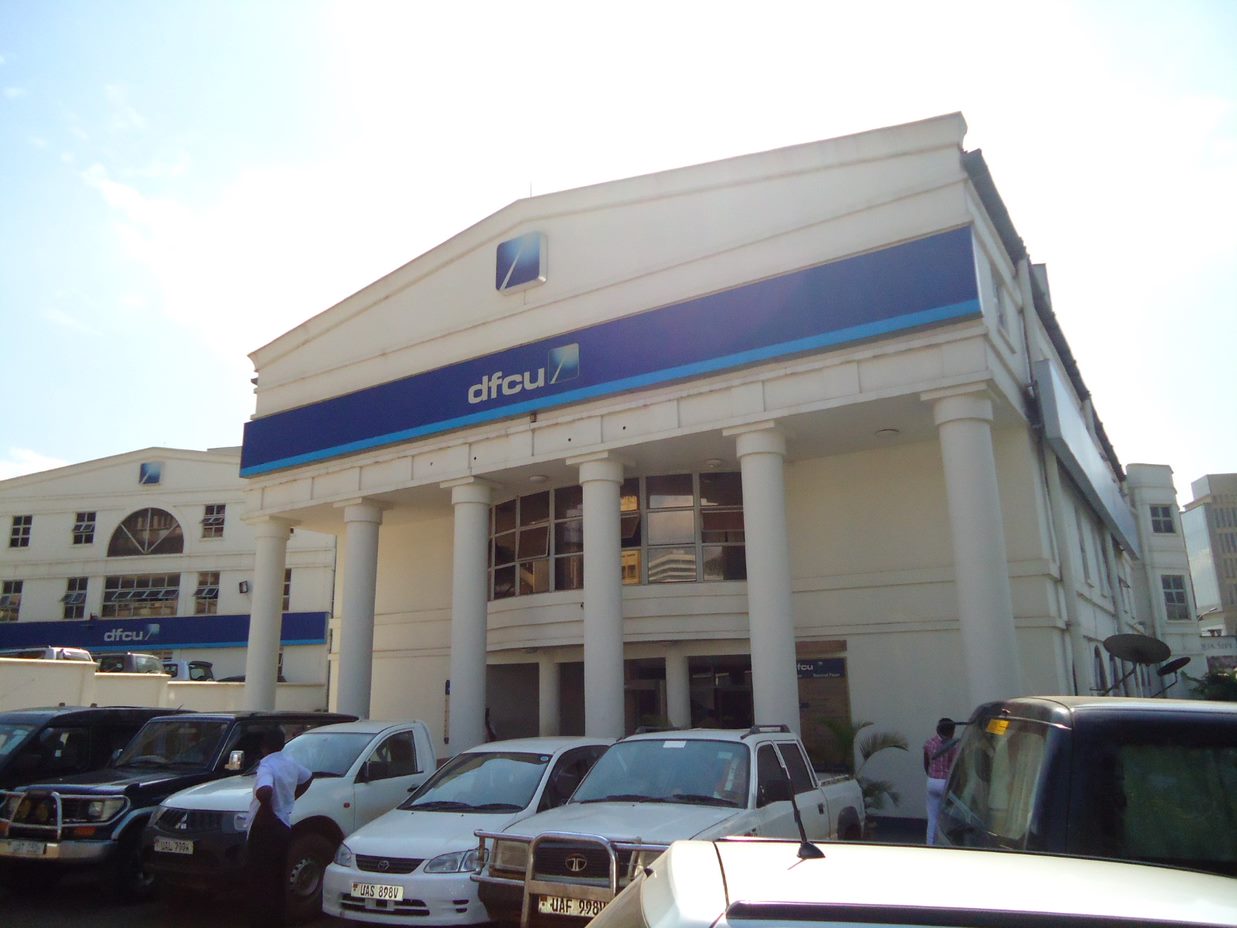What is a development finance institution?
Development finance institutions invest in private sector businesses, banks and projects in less economically developed countries to bring about positive economic, social and environmental change.
They’re publicly owned organisations, and a significant number of developed countries, including all the G7, own DFIs. There are also DFIs that are owned by several countries such as the World Bank’s International Finance Corporation.
DFIs, such as BII, are willing to take a greater commercial risk on their investments than private sector investors to support businesses or sectors that can have a positive development impact. This means DFIs can make investments in companies in countries that most need financial support and which are too often deemed too risky for private investors.
DFIs are largely self-financing organisations – reinvesting the profits made from successful investments into new impactful investments.
To expand their operations and respond to demand DFIs can receive new capital from their owner government. In the UK this funding is counted as Official Development Assistance (ODA).
In BII’s case, two thirds of the investments made in the past ten years have been funded by recycling profits.
Why are they needed?
We know that even though the world has made great progress in reducing extreme poverty over recent years, in some regions the number of people living in extreme poverty is still rising.
We also know that no country in history has overcome poverty without private investment. In many of the countries where DFIs invest there is an extreme lack of private sector capital. For example, in 2019 Africa comprised 16 per cent of the global population but received just 3 per cent of international foreign direct investment.
Investment into private sector businesses plays a critical role in achieving economic prosperity. A thriving private sector creates jobs, improves working conditions, and generates tax revenues for governments to fund public services. A recent study shows that higher rates of private investment are associated with faster poverty reduction. It is the role of DFIs to encourage that private sector investment.
How do DFIs achieve their aims?
When DFIs consider which businesses to invest in, they look at four things: development impact, financial sustainability, strategic fit and business integrity.
First, they consider the ability of that business to achieve positive impact – whether that’s economic impact like creating jobs, social impact like ensuring those jobs are inclusive, or environmental impact, like mitigating climate change.
Second, they assess that company’s commercial performance and long-term financial sustainability.
Unless a company is financially sustainable, it will never make a long-term impact. And businesses that grow can achieve more impact than those that can’t invest in expansion. More often than not, commercial and impact success are intrinsically linked.
At the same time, those financial returns are important for DFIs, because they can be reinvested to support other business to grow and generate further impact.
Third, is the investment is in line with the organisation’s strategic priorities? For example, DFIs may only invest in certain regions. In BII’s case, we wouldn’t invest in a business that was based outside of Africa or Asia.
Fourth, business integrity. When DFIs invest they conduct due diligence to ensure the business fits with their values and complies with national and international regulation. And in BII’s case, we check that the business is in line with our Code of Responsible Investing.
But why aren’t other investors investing – why is a specialist investor like a DFI needed?
The countries that DFIs invest in can be difficult to navigate for investors. While businesses within the country may be successful, the environments in which they operate are often considered too risky for others to commit to. This can be for several reasons. Often challenging regulatory environments make markets hard to navigate and political instability discourages investors who do not have the capacity or expertise to manage the risk.
As a result, these countries suffer from a lack of foreign direct investment which in turn stalls economic growth and poverty reduction.
DFIs are experts in assessing and mitigating risks in a way few others can. We aim to invest for the long-term, standing by businesses through good times and bad, until – in most cases – those businesses achieve the impact and return desired.
But ultimately, we want to pave the way for other private investors to invest in these markets. That means we can make investments that take more risks than commercial investors, like investing in un-tested business models, to demonstrate the possibility of investing successfully in these sectors or markets. Eventually DFIs want to exit an investment a step closer to that market or sector attracting enough private capital to be sustainable and self-sufficient.
